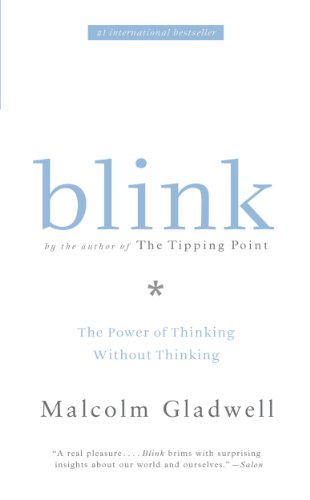

This article is an excerpt from the Shortform summary of "Blink" by Malcolm Gladwell. Shortform has the world's best summaries of books you should be reading.
Like this article? Sign up for a free trial here .
Is it possible to predict divorce? What are the most telling signs the relationship won’t last?
The signs of an impending divorce are often evident from casual interactions of partners, even at the beginning of a relationship. Psychologist John Gottman has identified these signs by conducting observations of interactions of couples, predicting divorce with impressive accuracy.
Here’s what he found.
What Predicts Divorce?
Set up by psychologist Dr. John Gottman, the “love lab” is a laboratory where researchers study the interactions of couples to try and predict the outcome of the relationship. Since the 1980s, more than 3,000 married couples have taken part in Gottman’s research at the University of Washington. Gottman’s work suggests that if you know how to “thin-slice” a marriage—that is if you know which information is relevant and which isn’t—you can accurately predict the future of the marriage.
Gottman and his colleagues videotape couples having a “meaningful interaction,” perhaps discussing a point of contention or talking about how they met. They also hook the subjects up to sensors that take physiological measurements.
Predicting divorce involves identifying the patterns of unhealthy relationships. It wouldn’t take Gottman’s team long to identify what your relationship’s pattern is. Maybe you repeatedly ask for credit and your spouse repeatedly withholds it. Maybe whenever you and your partner have a disagreement, no matter how minor, your partner is stubborn and won’t attempt to see your point of view. If these types of interactions show up regularly in a span of 15 minutes, they probably reflect an underlying problem.
The key thing to successfully size up the health of a marriage is to narrow your focus and know what you are looking for. In one experiment, Gottman’s researchers gave some of his three-minute clips to marriage counselors, psychology students, and marital researchers. Even though they were experts, they were only able to predict divorce about 54% of the time, which isn’t much better than chance. Why did they have so much trouble?
Such a large amount of information is overwhelming. When you narrow your focus to just four problematic emotions and attitudes (criticism, stonewalling, defensiveness, and contempt), you can disregard the other data points and still make an accurate prediction about the health of a marriage.
Gottman says that you can further narrow your focus to a single emotion, contempt, and still predict a marriage’s future pretty accurately. If you detect contempt in a three-minute clip, you don’t need to know anything else about a couple’s relationship to know if it’s in trouble. It is.
| Why Is Contempt So Poisonous in Relationships? In Emotional Intelligence, Daniel Goleman goes into more detail on Gottman’s work on contempt. Gottman found that in the short term, expressions of contempt caused stress in the other partner—for example, if one partner showed a facial expression of contempt, the other partner’s heart rate shot up. It’s not surprising, then, that in the long term contempt can be both physically and emotionally destructive. Gottman found that when husbands repeatedly showed contempt, their wives reported increases in a range of physical illnesses (including gastrointestinal infections, colds and flus, and infections). When wives repeatedly showed contempt, there was a good chance the marriage would end within the next four years. There are also links between contempt and inter-partner physical violence. One explanation for the power of contempt to destroy relationships is that its social function is to exclude the other person from social networks in the long term (in contrast to anger, which can function in the short term to change other people’s behavior). In this view, anger is less damaging than contempt because it carries an expectation of reconciliation, whereas contempt is a more permanent emotional state. |
———End of Preview———

Like what you just read? Read the rest of the world's best summary of "Blink" at Shortform . Learn the book's critical concepts in 20 minutes or less .
Here's what you'll find in our full Blink summary :
- How you can tell if a marriage will fail, within 3 minutes
- Why your first impressions are usually surprisingly accurate
- The dark side to making first impressions, and how to avoid the,






